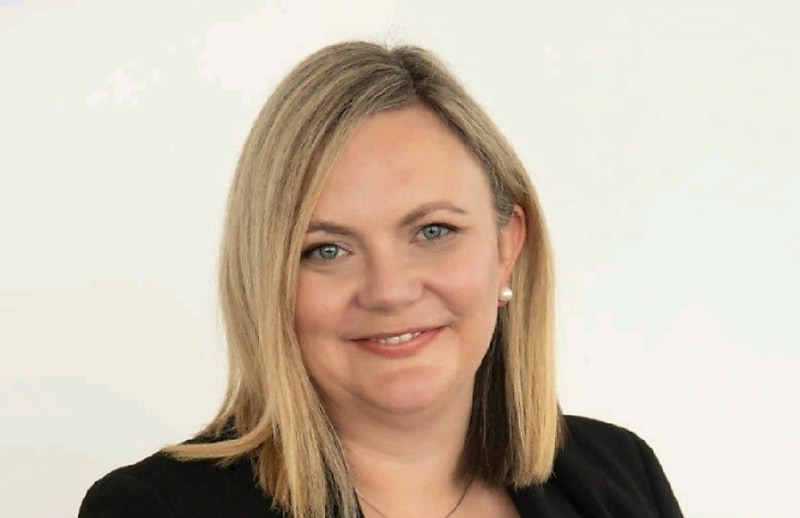ATO releases record $573m in super on compassionate grounds
SuperThe bulk of applicants needed medical treatment for acute, chronic or life-threatening illnesses, the Tax Office says.

The ATO released a record $573 million in superannuation on compassionate grounds during 2021–22, with most of the 34,400 applications for medical treatment.
The figure was $100 million more than the prior year and involved almost 5,000 extra applications, among the most since the ATO took over administration of superannuation compassionate early release in 2018.
For a release of superannuation funds on compassionate grounds an individual cannot have any other means to fund the unpaid expenses, the ATO said, and the five main grounds for eligibility were:
- Medical treatment or transport for you or your dependant.
- Accommodating a disability for you or your dependant.
- Palliative care for a terminal illness for you or your dependant.
- Funeral expenses for your dependant.
- Preventing foreclosure or forced sale of your home.
If the application was for medical treatment, the law mandated that it had to be a life-threatening illness or injury, acute or chronic pain, or acute or chronic mental illness.
Medical treatment or transport applications accounted for 95 per cent, or $544.7 million, of the funds released.
The remaining amounts included $11.3 million for accommodating a disability, $1.3 million for palliative care for a terminal illness, $8.9 million to prevent foreclosure or a forced sale of a home, and $6.9 million to fund the funeral expenses for a dependent.
While the Tax Office released a record amount of super on compassionate grounds, it has also received a landmark amount in lost or unclaimed superannuation with an extra $2.1 billion added since last financial year.
Deputy commissioner Emma Rosenzweig said it was a simple process to determine whether any of the lost super was yours.
“Super is one of the most important investments many Australians will have during their lifetime, which is why we want to reunite hard-working Australians with what is rightfully theirs,” said Ms Rosenzweig.
“People often lose contact with their super funds when they change jobs, move house, or simply forget to update their details.
“The best thing you can do to ensure you’re getting what you’re entitled to is checking that your current contact information and bank account details are correct.”
The ATO said a total of $16 billion was lost or unclaimed, with the office responsible for $5.6 billion and super funds holding the remainder.
“All lost member accounts with balances of $6,000 or less are transferred to the ATO, which means there are large sums of money waiting for people to claim,” said Ms Rosenzweig.
An ATO spokesperson said the tax office strived to reunite lost super with its rightful owners.
“We take steps to identify who the unclaimed super money (USM) belongs to and reunite that money, either by paying it into another super account, or where eligible, directly to the individual,” said the spokesperson.
“CPI-based interest is calculated and applied when USM held by the ATO is paid directly to individuals or transferred to a super account.”
The spokesperson said the $2.1 billion increase in lost super over the last financial year was partially due to the creation of additional USM categories.
“The introduction of new categories of USM have contributed to the increase in ATO-held USM; these categories include inactive low balance accounts, eligible rollover funds and trustee voluntary payments,” said the spokesperson.
“The USM amount also includes a significant number of accounts for former temporary residents who left Australia to return to their home countries during the COVID period.”
“Individuals can find and manage any lost (and unclaimed) super using ATO online services [via myGov].”




